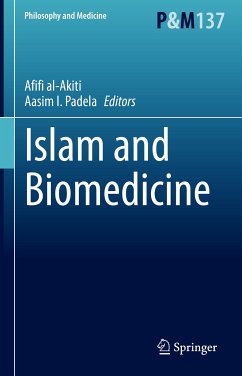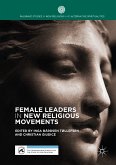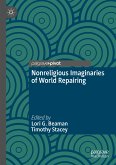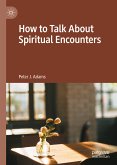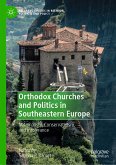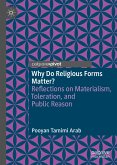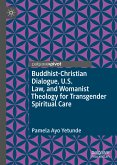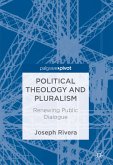This book showcases multidisciplinary research at the intersection of the Islamic tradition and biomedicine. Within this broad area of scholarship, this book considers how Islamic theological constructs align with the science and practice of medicine, and in so doing offer resources for bridging the challenges of competing ontological visions, varied epistemic frameworks, and different theologies of life and living among the bodies of knowledge. By bringing together theologians, medical practitioners and intellectual historians, the book spurs deeper conversations at the intersection of these fields and provides fundamental resources for further dedicated research.
"Islam and Biomedicine accomplishes a major feat by introducing some of the central philosophical issues that shape the science of biomedicine today and pose challenges for Muslims committed to traditional Islamic thought and practice. ... Islam and Biomedicine deserves to be read by all Muslims in the field of biomedicine with interests in deeper theological and philosophical matters." (Aasim Hasany, Journal of Islamic and Muslim Studies, Vol. 8 (2), November, 2023)
"Islam and Biomedicine, is groundbreaking both in its approach and the invaluable content that it presents. The relevancy of the volume to Islamic ethics is translucent by the above chapter summaries ... . Indeed, each chapter opens up the researcher's horizon by posing significant questions and ends with successful attempts to shed light on the ethical challenges that the Muslim communities face when it comes to advancements in biomedical sciences." (Nasrin Rouzati, Journal of Islamic Ethics, Vol. 7 (1-2), 2023)
"The book is undoubtedly the beginning of exciting future works in this area. ... Islam and Biomedicine contains invaluable contributions to the far-reaching conversation between Islam and science. By bringing together theologians, clinicians, and intellectual historians, the book draws sustained attention to the shared intellectual space of Islam and biomedicine. It provides a foundation for dedicated research at this junction for many years to come." (Irwan Hanish, ISTAC - Journal of The International Institute of Islamic Thought and Civilization, Vol. 28 (1), 2023)
"Islam and Biomedicine, is groundbreaking both in its approach and the invaluable content that it presents. The relevancy of the volume to Islamic ethics is translucent by the above chapter summaries ... . Indeed, each chapter opens up the researcher's horizon by posing significant questions and ends with successful attempts to shed light on the ethical challenges that the Muslim communities face when it comes to advancements in biomedical sciences." (Nasrin Rouzati, Journal of Islamic Ethics, Vol. 7 (1-2), 2023)
"The book is undoubtedly the beginning of exciting future works in this area. ... Islam and Biomedicine contains invaluable contributions to the far-reaching conversation between Islam and science. By bringing together theologians, clinicians, and intellectual historians, the book draws sustained attention to the shared intellectual space of Islam and biomedicine. It provides a foundation for dedicated research at this junction for many years to come." (Irwan Hanish, ISTAC - Journal of The International Institute of Islamic Thought and Civilization, Vol. 28 (1), 2023)
